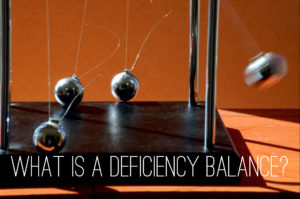By: Robert J. Nahoum
Secured debts are debts in which collateral (property) has been pledged as security for payment of the money lent. The two most common examples of secured debt are mortgages on home loans and title liens on car loans. In each case, if the consumer defaults on the loan, the bank can take the property and resell it to recoup its money. With homes this process is called foreclosure and with cars it’s called repossession.
But what happens when the collateral is worth less than is owed on the loan? Take the car for example, if a consumer borrowed $15,000.00 to buy a car, made $1,000.00 in car payments before defaulting and the bank re-sold the car at auction for $10,000.00 after repossession, there is still $4,000.00 owed to the bank. This difference is called a deficiency balance.
Like many other consumer debts, deficiency balances are often sold off for pennies on the dollar to debt buyers. These debt buyers sue consumers to collect the deficiency balance with interest.
Debt collection lawsuits brought by debt buyers differ significantly from those brought by original creditors because debt buyers often lack the proof needed to win the case. In a debt collection lawsuit, the Plaintiff (the party bringing the lawsuit) always has the burden to prove that the Defendant (the party being sued) is responsible for the debt. To meet this burden, a debt buyer must prove that (1) it has the right to sue you; (2) the debt is yours; and (3) you owe the amount for which you were sued. It is never the burden of the Defendant to prove that he or she does not owe the debt.
If you need help settling or defending a debt collection law suit, stopping harassing debt collectors or suing a debt collector, contact us today to see what we can do for you.
The Law Offices of Robert J. Nahoum, P.C
(845) 232-0202
www.nahoumlaw.com

